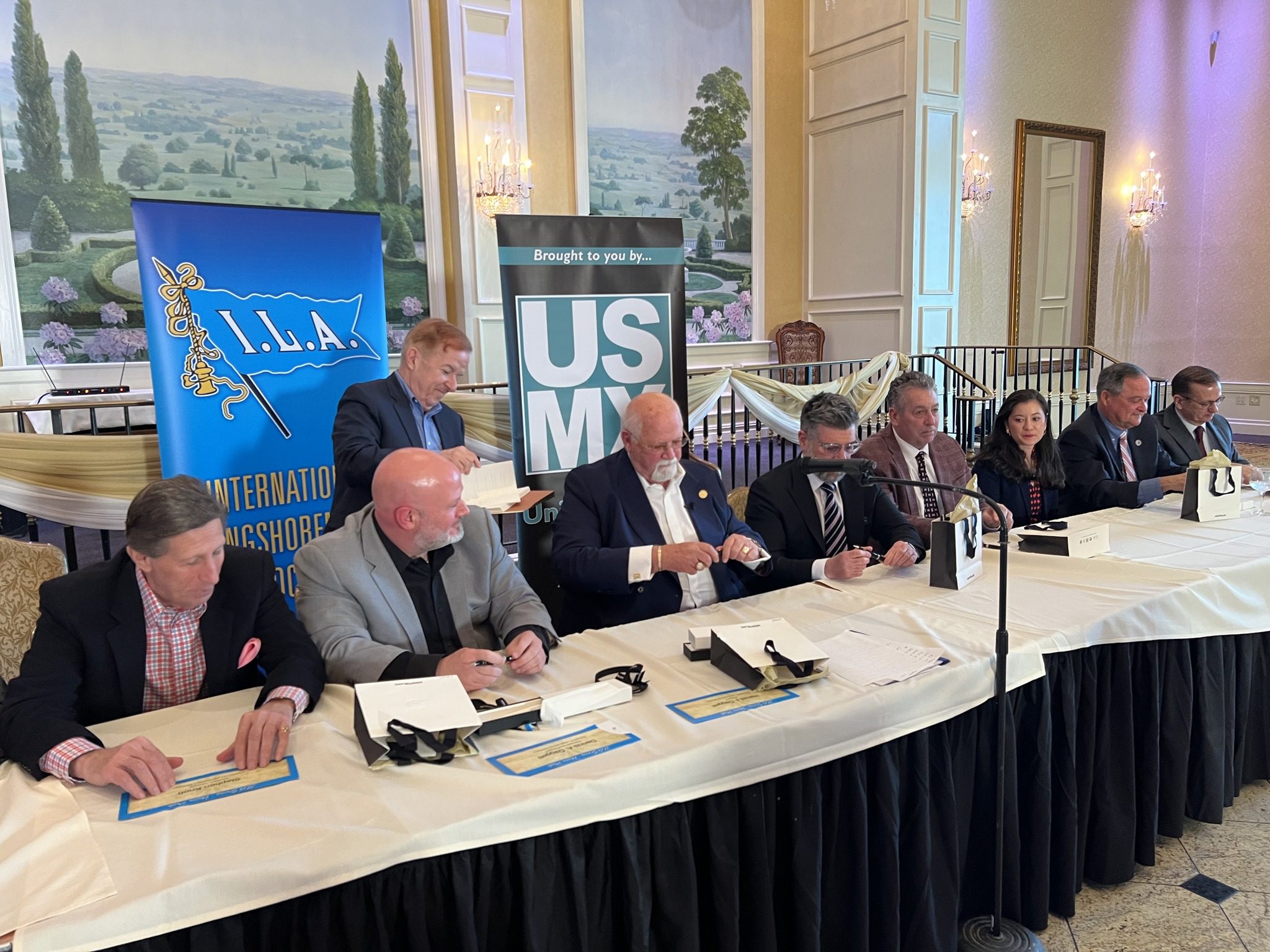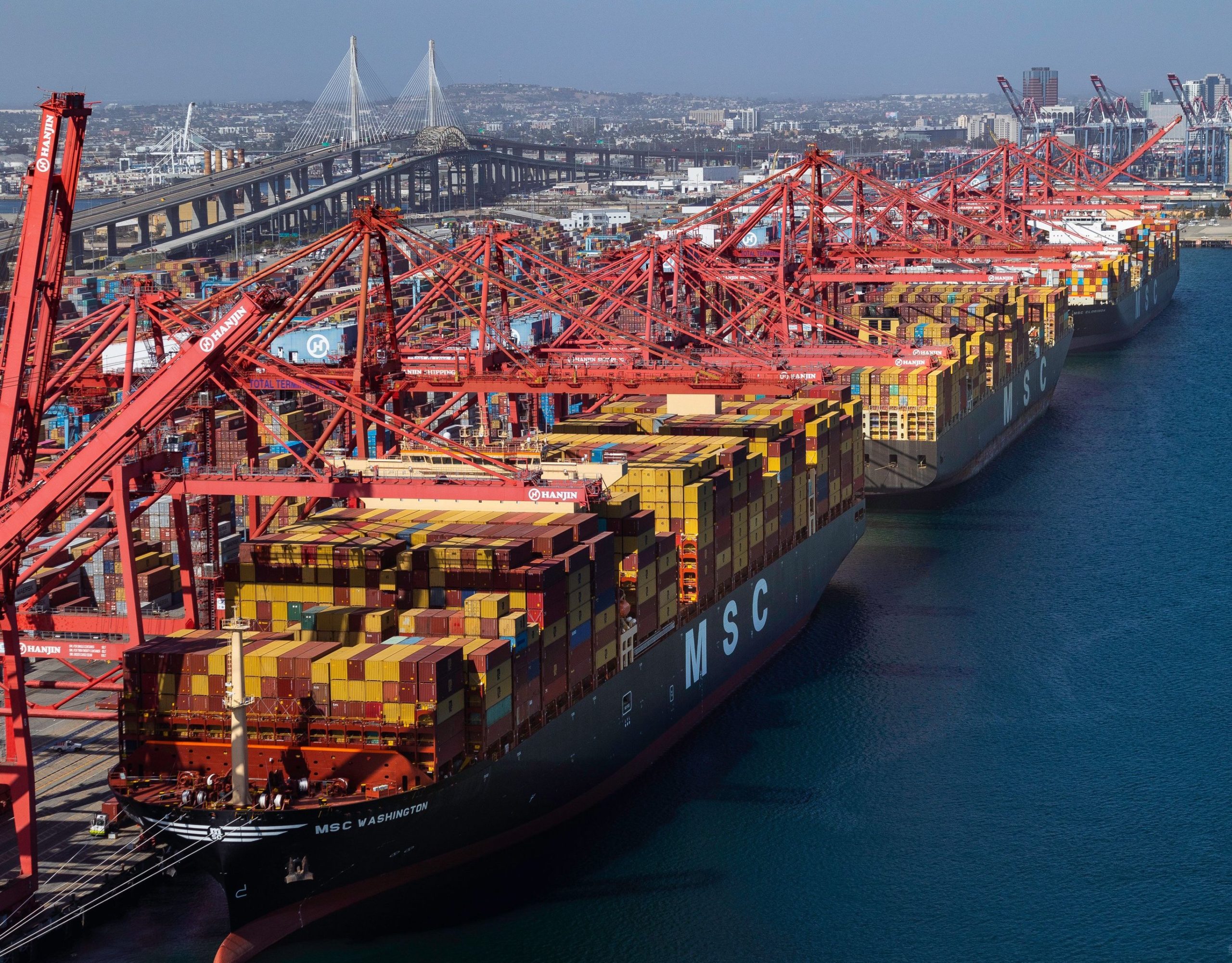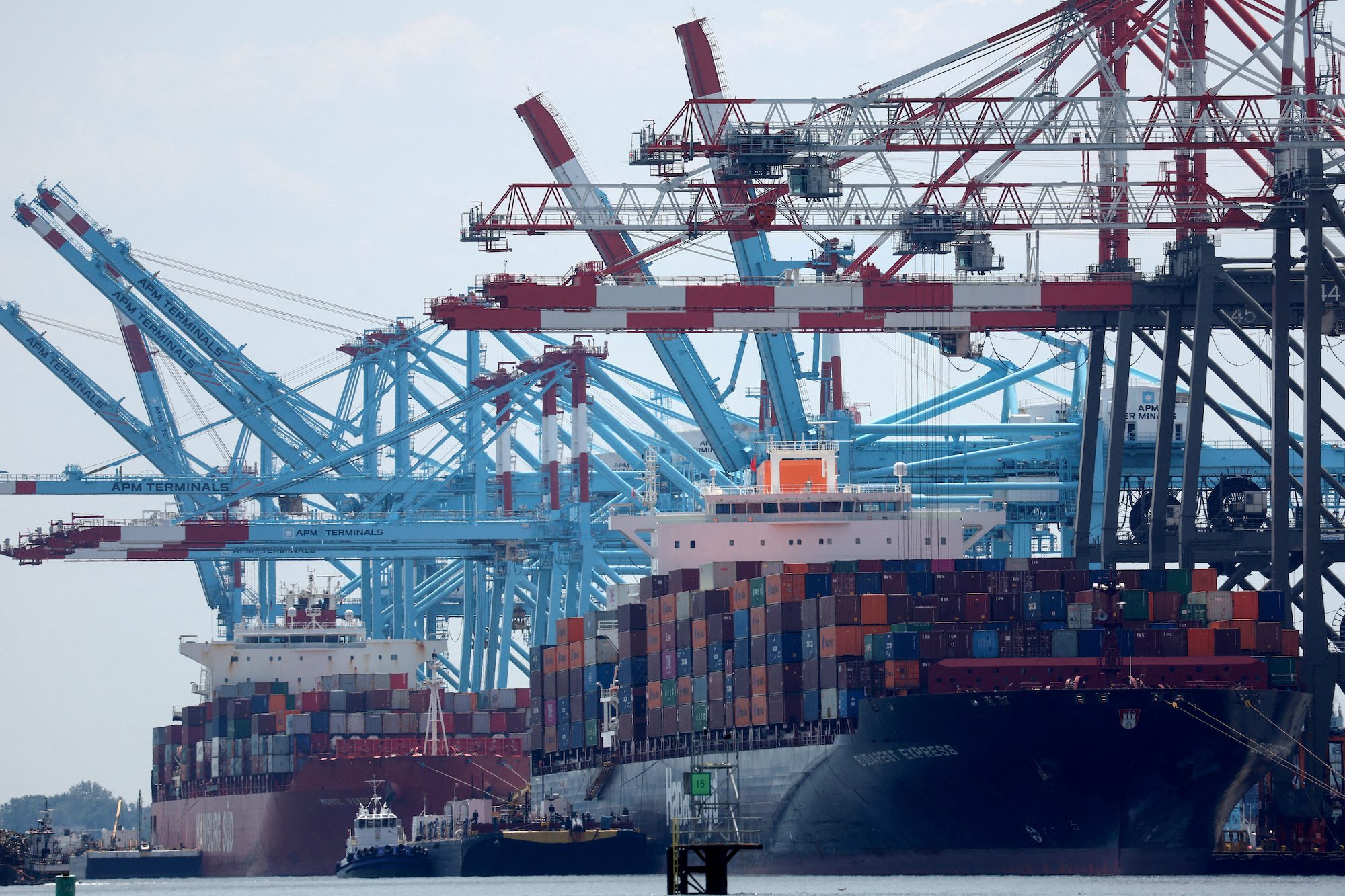The International Longshoremen’s Association (ILA) and United States Maritime Alliance (USMX) have announced the resumption of Master Contract negotiations starting next month.
The announcement comes on the heels of a recent three-day strike that disrupted operations at U.S. Atlantic and Gulf Coast ports.
The negotiations, set to take place in New Jersey, aim to address all outstanding issues and forge an agreement on a new Master Contract covering ILA port workers at 36 container and roll-on/roll-off ports from Maine to Texas.
This latest development follows a tentative agreement reached earlier this month, which extended the current Master Contract until January 15, 2025, and included a provisional wage agreement.
“The ILA and USMX welcome the opportunity to return to the bargaining table and get a new agreement in place as soon as possible,” the two sides said in a joint statement.
The sentiment seems to underscore the mutual desire for a swift and amicable resolution.
The recent strike, which ended on October 3rd, highlighted the critical role of dockworkers in the national supply chain. The dispute centered primarily on wage increases and automation concerns. The tentative agreement that ended the strike included a substantial 62% wage increase for workers, a move that significantly addresses one of the key issues.
While the wage increase has been provisionally settled, both parties acknowledge that other important issues remain on the table.
The extension of the Master Contract until early 2025 provides a stable framework for these ongoing discussions, ensuring labor stability in the short term. However, the tentative agreement sets the January 15, 2025 deadline just before Chinese New Year, a crucial period for shipping, raising concerns that any potential disruption could have widespread consequences if no agreement is reached.
The Biden Administration’s approach to the dispute has been noteworthy. Despite mounting pressure to intervene using presidential authority, the administration maintained that collective bargaining was the optimal path to resolution. This position, coupled with urging port employers to improve their offers, played a role in facilitating the current negotiations.
As the maritime industry watches closely, the outcome of these negotiations could have far-reaching implications for port operations, supply chains, and the broader economy.
The swift resolution of the recent strike has already eased concerns about potential supply chain disruptions, which were estimated to cost billions of dollars per day.
With both sides returning to the negotiating table, stakeholders across the maritime sector are hopeful for an agreement that addresses the evolving needs of the industry while ensuring fair treatment of workers.
Editorial Standards · Corrections · About gCaptain

 Join The Club
Join The Club











